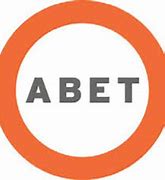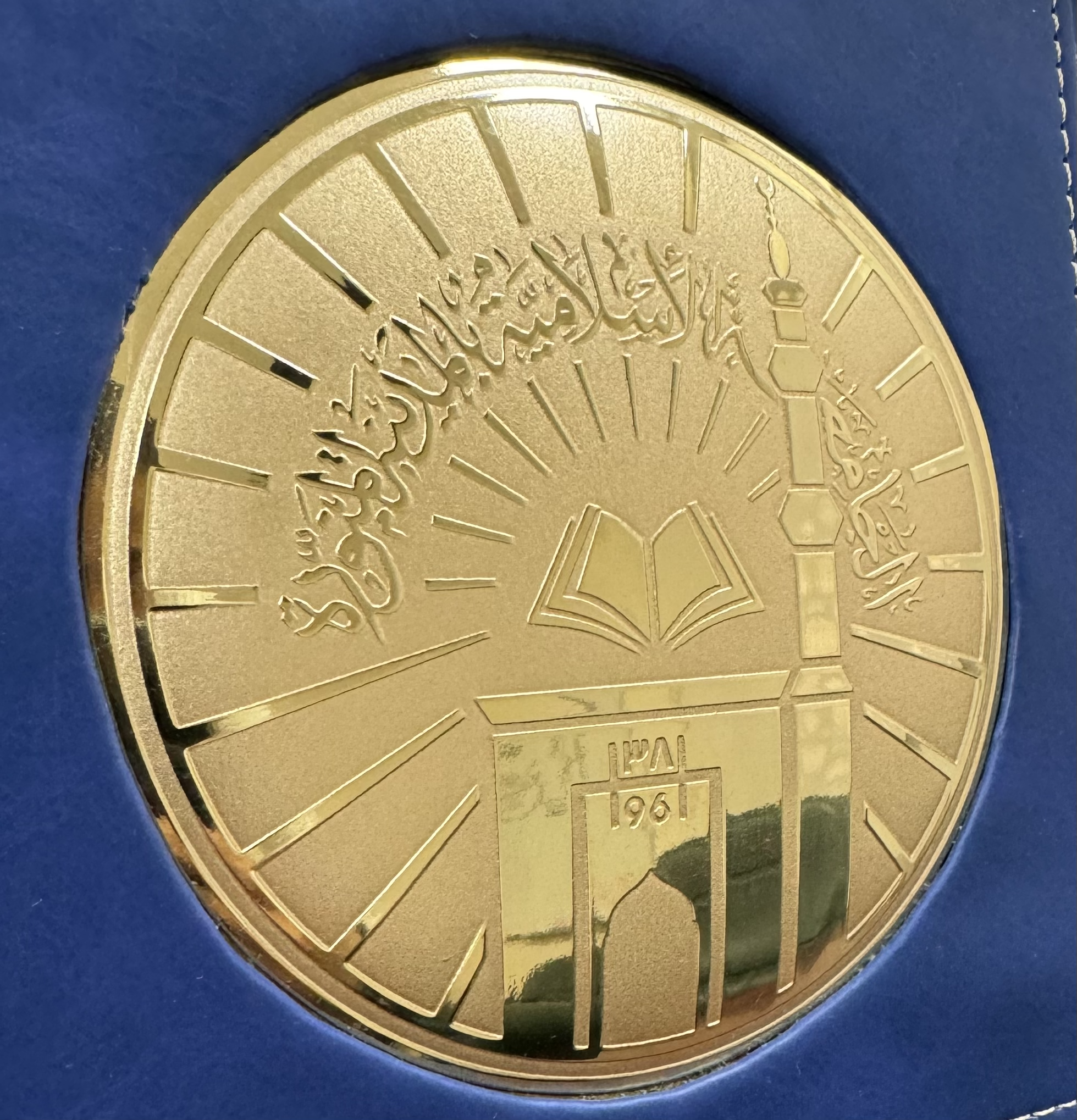Excellence in engineering education and research with a valuable impact on societies.
Brief


.jpg)
Excellence in engineering education and research with a valuable impact on societies.


.jpg)